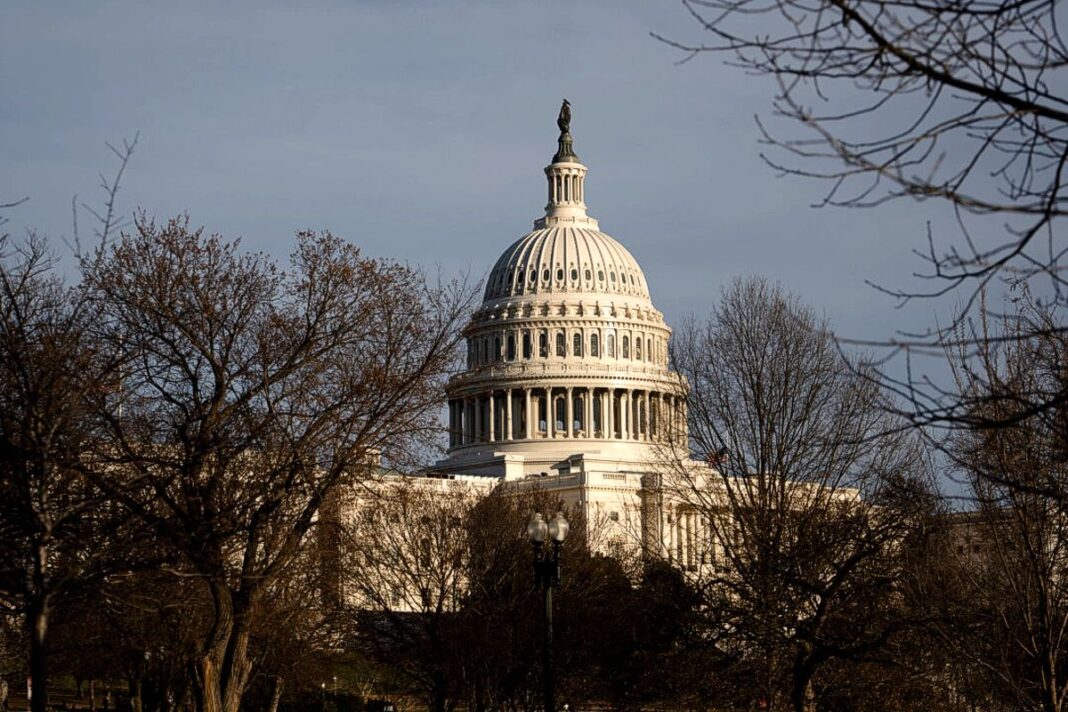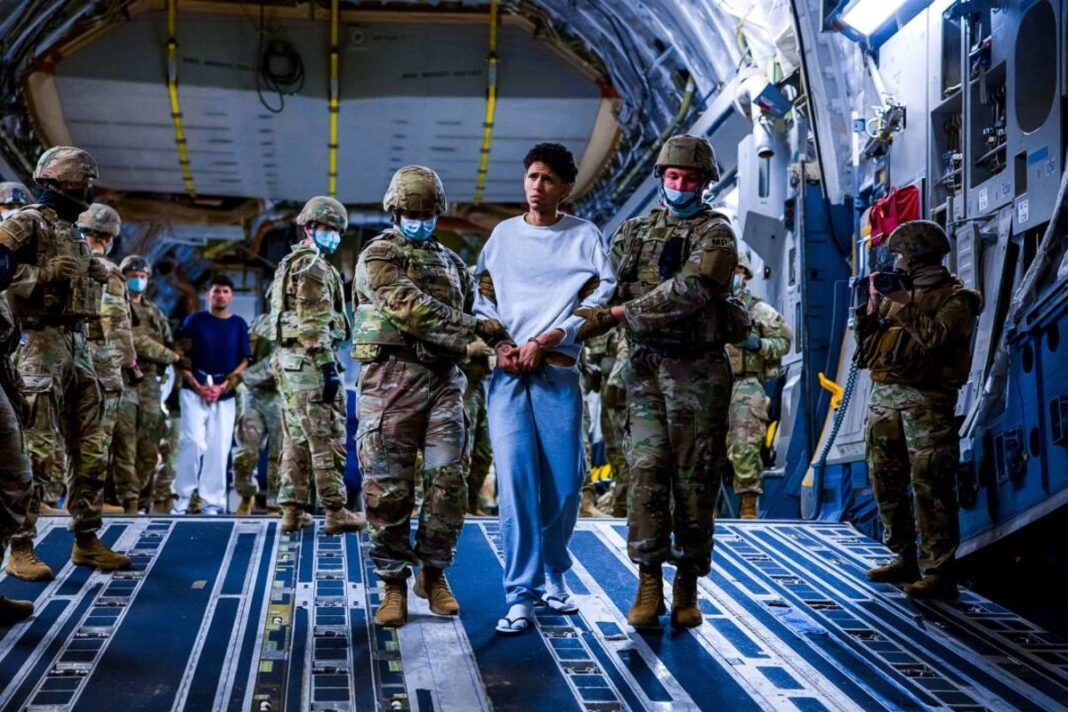The recent (Shanghai Cooperation Organization) SCO Leaders’ Summit in Tianjin drew renewed attention to this organization, which began as a means for settling border disputes between China and some former Soviet Republics but then evolved into a hybrid security-economic group. Around two dozen leaders attended the latest event, including Indian Prime Minister Narendra Modi, who paid his first visit to China in seven years. Non-Western media heralded the summit as an inflection point in the global systemic transition to multipolarity.
While the SCO is more invigorated than ever given the nascent Sino-Indo rapprochement that the US was inadvertently responsible for, and BRICS is nowadays a household name across the world, both organizations will only gradually transform global governance instead of abruptly like some expect. For starters, they’re comprised of very diverse members who can only realistically agree on broad points of cooperation, which are in any case strictly voluntary since nothing that they declare is legally binding.
What brings SCO and BRICS countries together, and there’s a growing overlap between them (both in terms of members and partners), is their shared goal of breaking the West’s de facto monopoly over global governance so that everything becomes fairer for the World Majority. To that end, they seek to accelerate financial multipolarity processes via BRICS so as to acquire the tangible influence required for implementing reforms, but this also requires averting future domestic instability scenarios via the SCO.
Nevertheless, the BRICS Bank complies with the West’s anti-Russian sanctions due to most members’ complex economic interdependence with it, and there’s also reluctance to hasten de-dollarization for precisely that reason. As for the SCO, its intelligence-sharing mechanisms only concern unconventional threats (i.e. terrorism, separatism, and extremism) and are hamstrung to a large degree by the Indo-Pak rivalry, while sovereignty-related concerns prevent the group from becoming another “Warsaw Pact”.
Despite these limitations, the World Majority is still working more closely together than ever in pursuit of their goal of gradually transforming global governance, which has become especially urgent due to Trump 2.0’s casual use of force (against Iran and as threatened against Venezuela) and tariff wars. China is at the center of these efforts, but that doesn’t mean that it’ll dominate them, otherwise proudly sovereign India and Russia wouldn’t have gone along with this if they expected that to be the case.
The processes that are unfolding will take a lot of time to complete, perhaps even a generation or longer, due in no small part to leading countries like China’s and India’s complex economic interdependence with the West that can’t abruptly be ended without dealing immense damage to their own interests. Observers should therefore temper any wishful thinking hopes of a swift transition to full-blown multipolarity in order to avoid being deeply disappointed and possibly becoming despondent as a result.
Looking forward, the future of global governance will be shaped by the struggle between the West and the World Majority, which respectively want to retain their de facto monopoly and gradually reform this system so that it returns to its UN-centric roots (albeit with some changes). Neither maximalist scenario might ultimately enter into force, however, so alternative institutions centered on specific regions like the SCO vis-à-vis Eurasia and the AU vis-à-vis Africa might gradually replace the UN in some regards.
Current short attention span, keep morale high, but could be counterproductive, unrealistic expectations, inevitable disappointment, consequent apathy or even “defection” after feeling misled?







